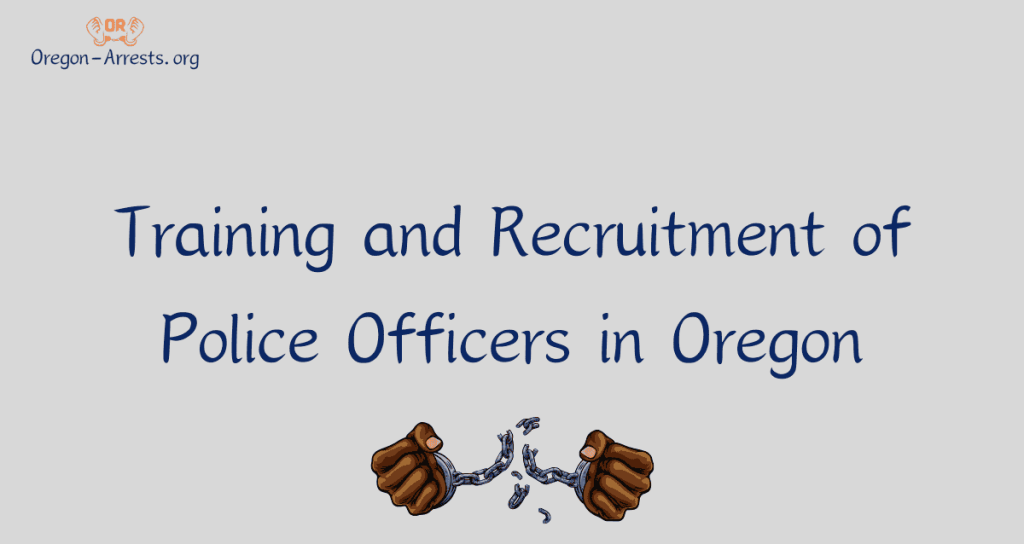Employment Laws in Oregon
Oregon is not only known for its natural beauty but also its progressive stance on various social and legal issues, including employment laws. In this comprehensive guide, we will delve into the intricate web of employment regulations that govern the workplace in the Beaver State. Whether you are an employer looking to ensure compliance or an employee wanting to understand your rights, this article will provide you with valuable insights.
Understanding Employment Laws in Oregon
Oregon boasts a rich history of labor activism, which has significantly shaped its employment laws. These laws are designed to protect the rights of both employees and employers while fostering a fair and equitable work environment.
Historical context of employment laws in the state
To truly grasp the essence of Oregon’s employment laws, it’s crucial to explore the historical events and labor movements that have influenced the state’s legislative landscape.
Significance of employment laws for both employers and employees
Employment laws in Oregon play a pivotal role in maintaining a balanced relationship between employers and employees. They provide a framework that ensures fair treatment, job security, and a path for resolving disputes.
Oregon’s At-Will Employment Doctrine
Oregon, like many other states, follows the doctrine of at-will employment. This means that, in the absence of an employment contract, either the employer or the employee can terminate the employment relationship at any time, for any reason, or no reason at all.
Exceptions to at-will employment in Oregon
While at-will employment is the default, there are exceptions to this rule in Oregon. Understanding these exceptions is vital for employees who want to know if they have any additional job security beyond at-will employment.
Importance of knowing your employment status
Whether you’re an employer or an employee, knowing your employment status under Oregon law is crucial. It can significantly impact your rights, responsibilities, and potential legal recourse in case of disputes.
Minimum Wage and Overtime Regulations
Oregon has been at the forefront of the fight for fair wages. We’ll explore the state’s minimum wage laws, recent changes, and how they compare to federal standards.
Calculating overtime pay in the state
Understanding how overtime pay is calculated in Oregon can help both employers and employees ensure compliance with the law and avoid legal troubles.
Recent changes in minimum wage and overtime regulations
Oregon frequently adjusts its minimum wage and overtime regulations to keep pace with the cost of living. Staying up-to-date with these changes is essential for employers and employees alike.
Workplace Discrimination Laws in Oregon
Oregon takes a strong stance against workplace discrimination. We’ll delve into the laws that protect employees from discrimination based on various factors such as race, gender, age, and disability.
Protected categories in Oregon
Understanding who is protected under Oregon’s discrimination laws is vital for creating a workplace free from bias and prejudice.
Reporting discrimination and seeking remedies
Employees who believe they have faced discrimination in the workplace need to know how to report it and seek remedies under Oregon law. We’ll guide the steps to take.
Family and Medical Leave Act (FMLA) in Oregon
The FMLA provides job-protected leave for eligible employees. We’ll explain the rights and eligibility criteria for Oregon workers under this federal law.
Employer obligations under FMLA
Employers in Oregon must adhere to specific obligations when it comes to FMLA. Knowing these obligations can help both employers and employees navigate leave situations successfully.
Real-life examples of FMLA situations in Oregon
To provide context, we’ll explore real-life scenarios of employees in Oregon who have utilized FMLA leave to balance work and family or health-related needs.
FAQ’s
What is the minimum wage in Oregon?
In Oregon, the minimum wage varies based on the region. As of July 1, 2021, the standard minimum wage is $12.75 per hour, but in the Portland Metro area, it is $14.00 per hour.
Are there any restrictions on working hours?
Oregon law prohibits employers from requiring employees to work more than 40 hours in a workweek without paying overtime. Overtime pay is 1.5 times the regular rate for hours worked over 40 in a workweek.
What are the rules for meal and rest breaks in Oregon?
Employees in Oregon are entitled to a 30-minute unpaid meal break for every six hours worked. Additionally, they must be provided with a paid rest break of at least 10 minutes for every four hours worked.
What are the regulations for sick leave in Oregon?
Under Oregon’s sick leave law, eligible employees can accrue up to 40 hours of paid sick leave per year. This can be used for the employee’s illness, the care of a family member, or for reasons related to domestic violence, harassment, or stalking.
What are the requirements for parental leave in Oregon?
Oregon has a Family and Medical Leave Act (FMLA) that provides eligible employees with up to 12 weeks of unpaid leave for the birth or adoption of a child, or to care for a seriously ill family member. The employee must have worked for the employer for at least 180 days and have worked at least 25 hours per week.
What protections are in place against workplace discrimination?
Oregon has laws that protect employees from discrimination based on race, color, religion, sex, national origin, age, disability, marital status, sexual orientation, and gender identity. Employers are prohibited from discriminating in hiring, promotions, pay, and other employment-related decisions.







